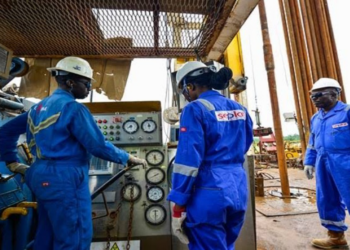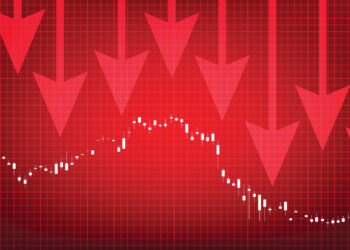Warren Buffett
Berkshire Hathaway Inc. (BRK/A) posted its biggest weekly gain in 14 months after ChairmanWarren Buffett told investors that the true value of his company has been rising faster than accounting metrics suggest.
Berkshire rose 0.9 percent to $183,772 at 4:15 p.m. in New York, bringing its advance to 5.8 percentsince Feb. 28 and its market value to more than $300 billion for the first time. That compares with the 1 percent climb this week for the Standard & Poor’s 500 Index.
Buffett, 83, reported March 1 that fourth-quarterprofit rose, beating analysts’ estimates, and full-year net income was a record $19.5 billion. The billionaire, who is also chief executive officer, said in his annual letter released that day that there is a “mother lode” of opportunity for capital spendingat units including the railroad Burlington NorthernSanta Fe and MidAmerican Energy.
“From our perspective, Warren Buffett is signaling that BRK shares are currently undervalued,” Barclays Plc analysts led by Jay Gelb said in a March 3 note, using the ticker symbol for the Omaha, Nebraska-based company.
Berkshire traded today for 1.36 times its book value, a measure of assets minus liabilities, according to data compiled by Bloomberg. That compares with an average ratio of about 1.4 over the past decade.
Buffett has said intrinsic value, a subjective metric that accounts for the amount of cash that can be taken out of a business in its lifetime, is a better tool for evaluation. He cited the gap between the two measurements as a reason to buy back the company’s stock if it trades for less than 120 percent of book value, and said he’d be “aggressive” with repurchases.
“As I’ve long told you, Berkshire’s intrinsic value far exceeds its book value,” Buffett wrote in his letter. “Moreover, the difference has widened considerably in recent years.”
Fourth-quarter profit rose 9.6 percent to $4.99 billion on gains at insurance units such as Geico and at BNSF, which hauls oil from production fields to refineries.
“BNSF positively surprised, driven by the U.S. energy boom,” wrote Cliff Gallant, an analyst at Nomura Holdings Inc.














